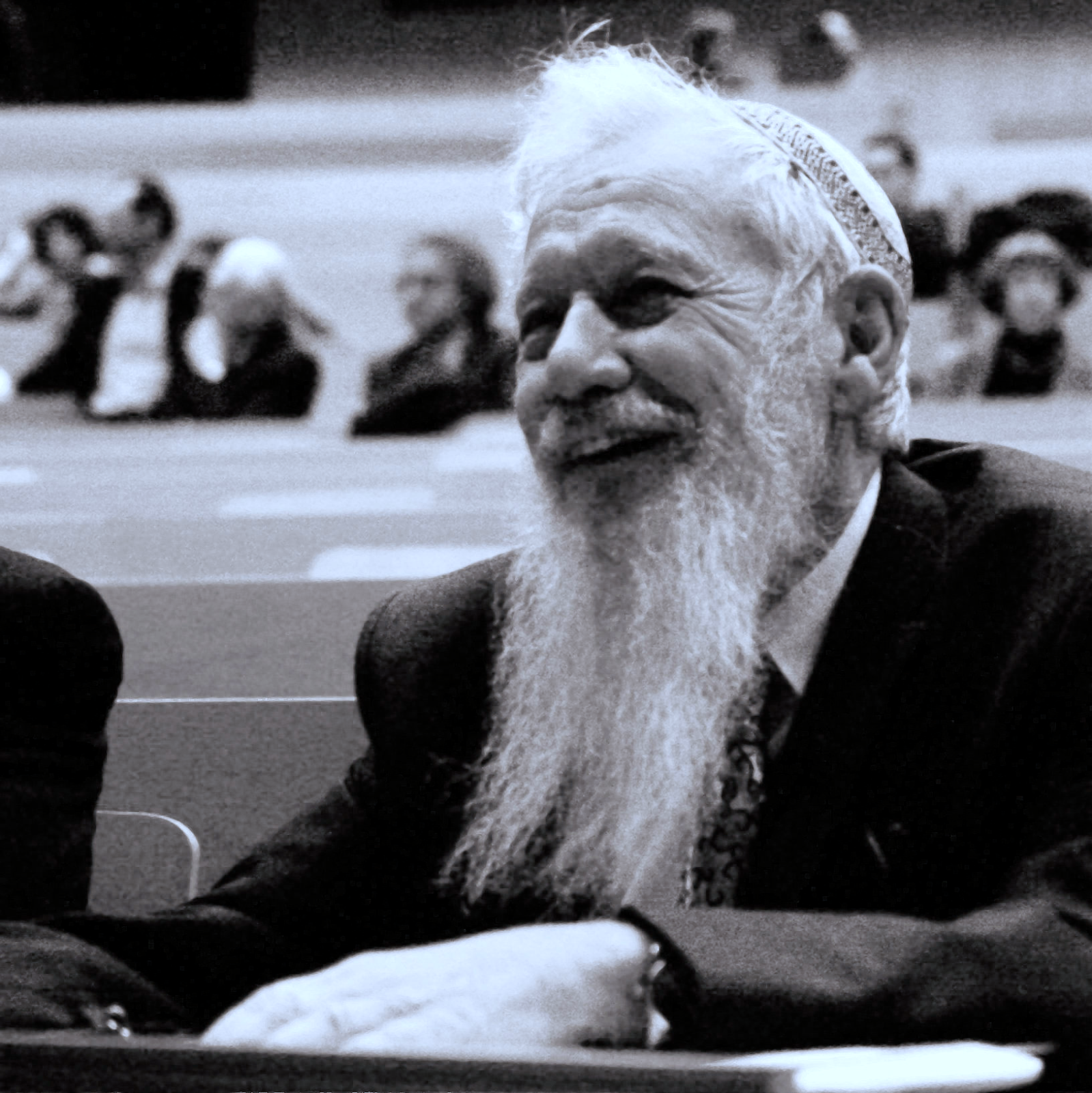Aumann's Theorem
by Krešo Josic
Today, let's talk about what I know that you know. The University of Houston Mathematics Department presents this program about the machines that make our civilization run, and the people whose ingenuity created them.
In a memorable scene from the movie "The Princess Bride" the Dread Pirate Roberts challenges the Sicilian bandit Vizzini to a battle of wits. The pirate puts a cup of wine in front of him-self and one in front of Vizzini. He then asks the little Sicilian to guess which cup is poisoned. Vizzini answers by taking into account not only what he knows, but also what he knows that the Dread Pirate Roberts knows that he knows, and so on. Although this does not work out well for Vizzini, the exchange between the bandit and the pirate does reveal how we reason about the world, and about each other. It points to features of our thinking that are so ingrained that we often take them for granted.
First, we have a theory of mind: We believe that other humans have thoughts, desires, and beliefs exactly like we do. While our thoughts are not the same, I assume that you have an inner experience that is similar to mine. I can understand your motives, intents and feelings. We take this theory of mind for granted. Indeed, it is hard to imagine that other people have no desires or thoughts, that we are surrounded by robots. Such mental blindness is a feature of some psychiatric disorders.
But we do even more: We say that something is common knowledge if we both know about it, and you know that I know about it, you know that I know that you know, and so on. Say two children see that I have hidden a cookie in a jar. If they both just know the cookie is there, they might wait until the other leaves to have the cookie for themselves. But if both know that the other knows about the cookie, that is, if the fact that there is a cookie in the jar is common knowledge, they might both rush to get it before the other does.

Aumann. Photo Credit: Wikimedia
When negotiating over a car, or a house we try to understand what the other person knows, and what they know that we know. But a result of the mathematician and Nobel Prize winning economist Robert Aumann comes as a surprise. Aumann first gave a mathematical definition of common knowledge. Then, surprisingly, he showed that two perfectly rational beings who start with the same information cannot disagree about anything that is common knowledge. Say you offer to sell me stock at $10 a share. That price could reveal to me that you have information that I don't. I can therefore update my belief about what the stock is worth, and suggest a price I think is fair. This will reveal to you the information I may have, and you may thus adjust your asking price accordingly. Aumann's result says that after this back and forth ends, two perfectly rational beings will both believe the same price is fair.
Mathematics therefore says that we can't agree to disagree if we are perfectly rational. So why do we disagree about so many things. Perhaps we are never completely rational. Or we can never get to the bottom of knowing about knowing about knowing. But we do have a theory of mind - the gift of gleaning what it is to be in another's skin. This gift will not erase discord, but we can use it to lessen it.
This is Krešo Josic at the University of Houston, where we are interested in the way inventive minds work.
(Theme music)
In writing this I used some ideas from Scott Aaronson's post on the subject. Here you will find a transcript of his lecture on the subject. I highly recommend reading other posts in this blog. Prof. Aaronson is a deep thinker, and gifted writer.
A good example of Aumann's Theorem, is the Muddy Children puzzle, or the more dramatic Blue Eyed Islander puzzle
There is evidence that some animals have a theory of mind. However, since it is impossible to know what animals are thinking, the extent to which this is the case is unclear. Here is an interesting paper on the subject.
This episode was first aired on February 14, 2017